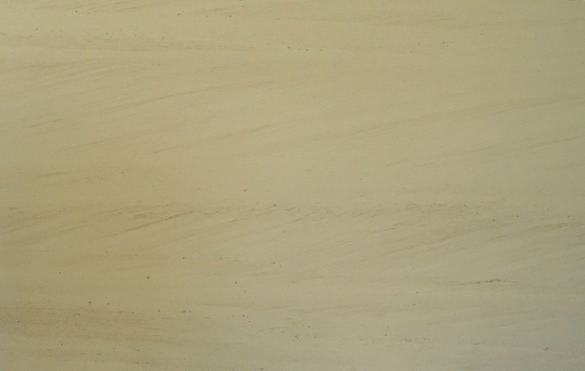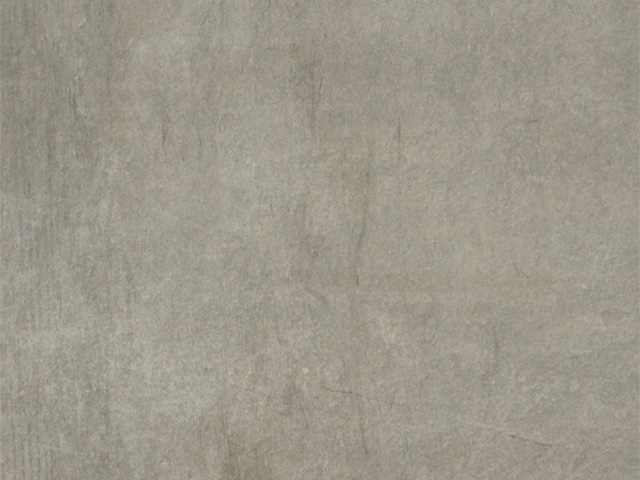
| Property | Typical Value range |
|---|---|
| Density | ~2,100–2,760 kg/m³ |
| Porosity | 2.6–20 % |
| Water Absorption | < 1 % (dense stone); up to ~10 % for porous stone |
| Compressive Strength | 10–100 MPa (typically 30–100 MPa) |
| Modulus of Rupture (Flexural) | 2.9–6.9 MPa |
| Mohs Hardness | 3–4 |
| Young’s Modulus | 18–78 GPa |
| Thermal Expansion Coefficient | 9.0×10⁻⁶–22×10⁻⁶ /°C |
| Thermal Conductivity | 1.67–2.15 W/m·K |
| Specific Heat Capacity | ~907–921 J/kg·K |
Notes
-
Limestone shows wide variation depending on its type—from dense, fine-grained, to porous and impurity-rich forms.
-
It's prone to acid etching (e.g., acid rain) and so requires sealing and careful placement away from acidic environments.
-
Compressive and flexural strengths make it suitable for cladding, flooring, countertops, columns, architectural detailing.
-
Mohs hardness of 3–4 indicates it’s relatively soft and more suited for aesthetic applications rather than heavy load-bearing.

 en
en
 Tiếng việt
Tiếng việt
 English
English

